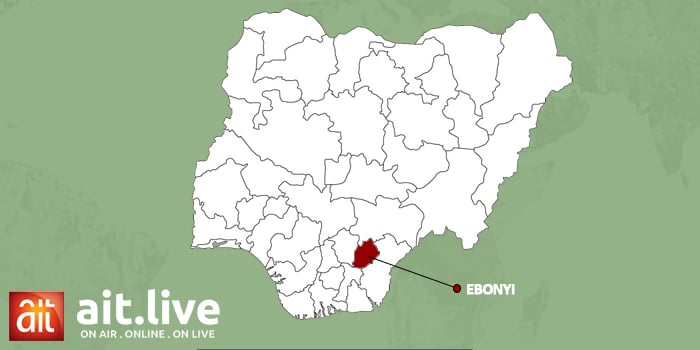Ebonyi, the youngest of the five States in the South East region of Nigeria, was 26, on the same day the nation celebrated her 62nd Independence anniversary.
Some of the residents who spoke to ait.live on the political and socioeconomics trajectory, of the predominantly rural and agrarian people, hope for a better future
Also Read: Ebonyi Governorship Election: Supreme Court fixes judgment for 3 pm Wednesday
October 1, 1996, was the day Ebonyi State was created by a former Nigerian Military junta, General Sani Abacha, after years of complaints of injustice and marginalization by some perceived majority groups in the South Eastern parts of the country.
The creation of Ebonyi State was therefore seen as the realization of years of agitations resulting in the home coming of perceived brothers and sisters.
Ebonyi is a make up of the Afikpo bloc, which has Its political journey from the old Imo State through Abia State, as well as the Abakaliki bloc whose political metamorphosis went through the old Anambra State to Enugu and finally fusing with the Afikpo bloc to form what is today Ebonyi State.
Twenty-Six years on, the political trajectory of Ebonyi State is seen as that of a mixed bag of tales, among some critical stakeholders.
But, some residents in Abakaliki, the capital city, say the developmental status of Ebonyi, twenty-six years after its creation is still far from expectations
For now, the people of Ebonyi State may still be basking in the euphoria of having a State they can call their own, though emerging political interests and group persuasions along historical and political peculiarities may be defining a new ground of agitations.
(Editor: Paul Akhagbemhe)








